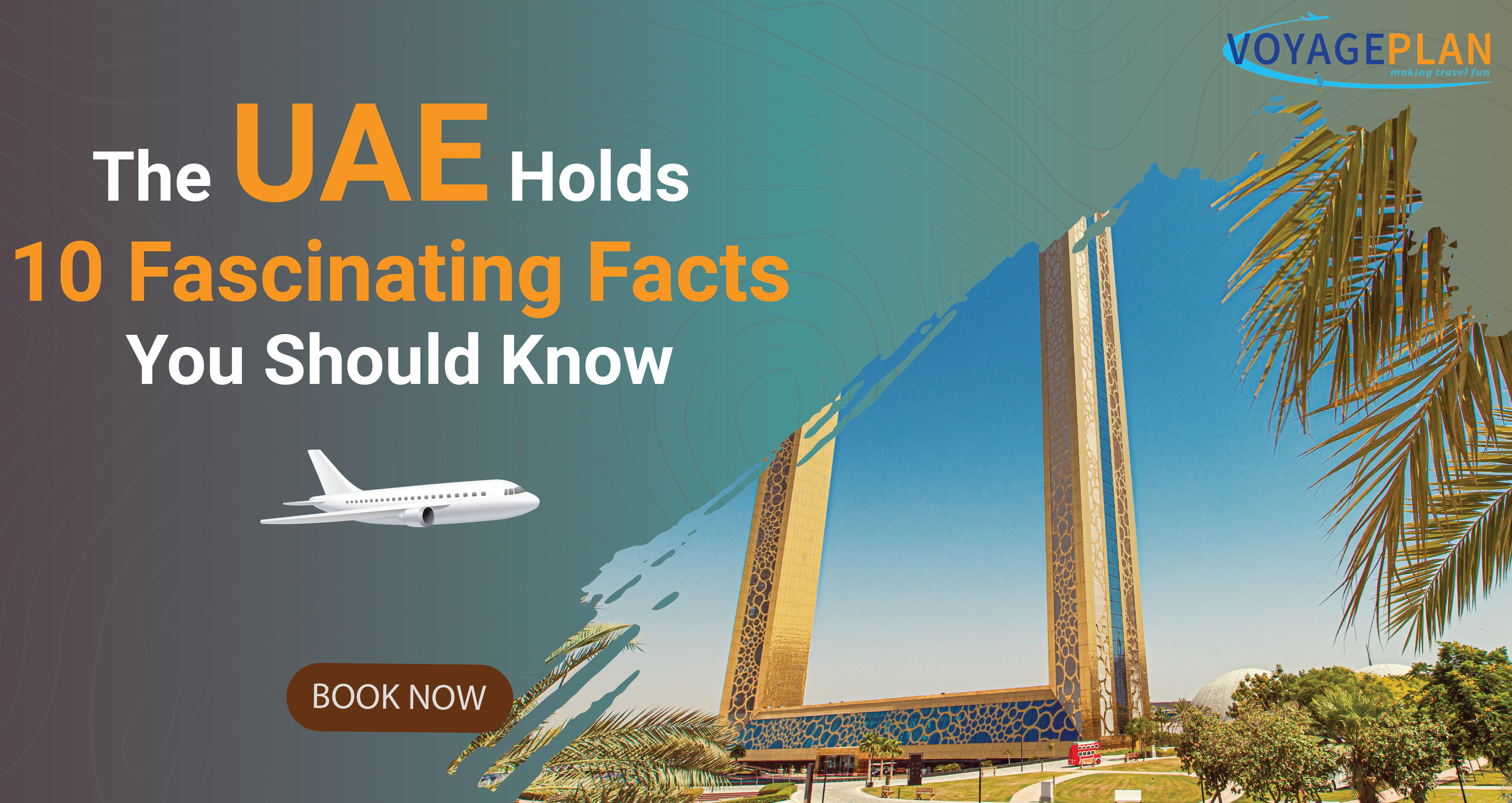
Dubai has been identified as one of the world's fastest-growing cities, with a population increase of almost 500 per cent in recent decades. Here's how a tiny fishing village on the outskirts of the desert grew to become the UAE's most populous metropolis (UAE).
"Oil was discovered in Dubai over 50 years ago, and it helped construct it into what it is today; although this may not come as a surprise, it only conveys half of the tale. So why has Dubai seen such a rise even though oil reserves have been discovered in numerous nations across the Middle East?
Dubai began as a fishing community and grew because of its proximity to Iran, eventually becoming a critical commercial route to the Persian Gulf. This initial economic boom was cut short in 1929 when the pearl export sector collapsed due to the Great Depression. As a result, residents flocked to other regions of the country in large numbers, and infrastructural spending ground to a halt. Other parts of the United Arab Emirates were booming because off income from sizeable subterranean oil field deposits. Still, it wasn't until an accidental discovery o offshore oil in 1966 that Dubai's fortunes began to alter. Dubai's population increased by a factor of ten between 1968 and 1975.
Dubai's population has increased to 2,785,000 people in the last 30 years. Although oil accounts for only 1% of the country's GDP (Gross Domestic Product), this is a stunning 569 per cent increase.
"Dubai's maritime activities are one of its key sources of revenue and, arguably, one of the UAE's most significant commercial assets. In addition, because of its location at the entrance/exit of the Persian Gulf, it is an important trading port, and it now hosts the busiest port in the Middle East," Chitty adds.
Due to tax advantages, custom duty benefits, and no foreign ownership restrictions, Dubai is a global business hub, with many firms establishing operations here. In addition, Dubai is a year-round luxury tourism destination due to its mild temperature and easy accessibility to Europe. However, there are some difficulties in visa processing that the visa experts, can overcome.
According to My Tool Shed, the Middle East is home to some of the world's fastest-growing cities.
Bahrain's capital, Manama, has seen a 359 per cent increase in population. Its growth is similar to Dubai's, with oil playing an essential part. Still, a long history as a trading route also contributes to its current status as a financial hub for business.
Doha is Qatar's most populous city. Several high-profile sporting events are being staged in Doha, which has attracted many sports fans. Many of the 2022 World Cup matches will be held in the city, with new stadiums being built expressly.
Las Vegas, formerly known as the world's entertainment centre, has maintained its status as a playground for the wealthy. However, Nevada's capital of nightlife, casinos, hotels, and partying has grown beyond the Strip to become a popular retirement destination for many Americans. According to current forecasts, Las Vegas will be near the top of the list in 30 years.
This information is based on the last 30 years; however, the current situation reveals a different narrative. At present, the fastest-growing cities are Delhi and Shanghai, with Dhaka, Cairo, and Beijing not far behind.
In the future, cities from India and China will make up most of the list, with Tokyo's status as the world's largest metropolis being seriously threatened by Jakarta. Africa will also have its megacities, with Lagos and Kinshasa, respectively, in the west and centre of the continent, continuing to overgrow.
leave a comment